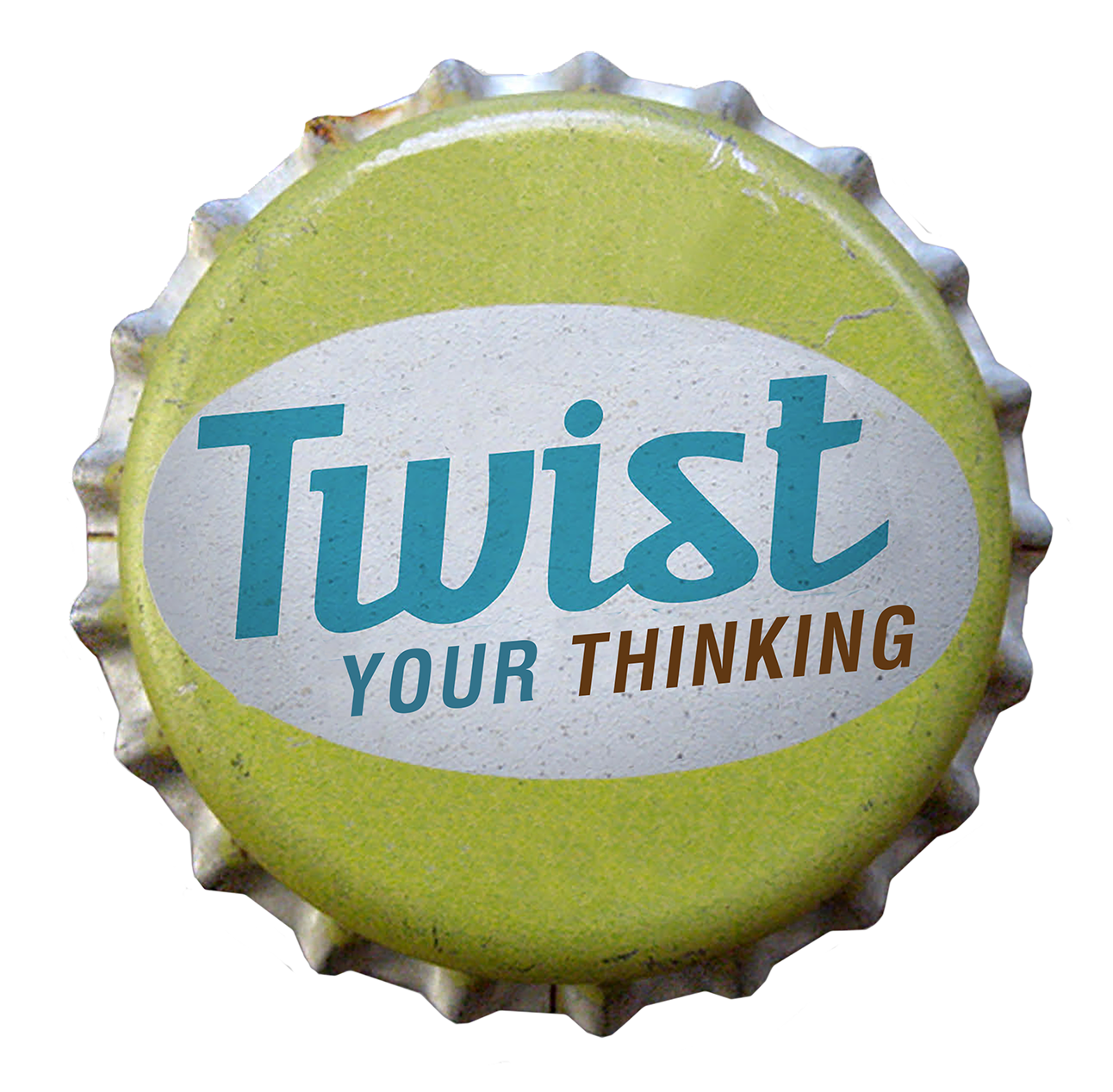The fearless badass himself.
I saw eight movies over the holiday break and the most memorable one may have had the most boring subject matter: a quiet little man in a cardigan and sneakers.
A Beautiful Day in the Neighborhood is about a writer named Lloyd Vogel, who in 1998 was assigned a 400-word piece on Fred Rogers--Mr. Rogers, to the world--for a feature in Esquire magazine. Lloyd was a cynical guy, damaged from his past, and he approached the job like all of his other assignments: with great skepticism, like a dog sizing up another dog, sniffing him out and even barking at him a little. Challenging him.
Mr. Rogers didn’t take the bait. He opened himself up to Lloyd with open arms, and helped him change his life.
There are so many wonderful lessons from the movie. Compassion, unconditional love, openness, receptivity, a blissfully open-eyed childlike approach to the world. But what stood out most to me about Fred Rogers was his fearlessness.
He wasn’t afraid to love someone who other people had a hard time loving, or show compassion for somebody who was struggling. He was fearless in every little every day situation. The ones that happen often and accrue in your psyche, good and bad.
For example, I was recently walking my dog Nola and when we passed another dog, the two dogs started growling at each other in a really menacing way. The woman with the other dog said, “Well your dog isn’t very nice.” And I snapped back at her, “Well your dog isn’t very nice either!” and Nola and I stomped away (well, Nola just walked normally).
As I stomped I also regretted. I didn’t like what I’d said or how I said it and I wondered what it might feel like to be unafraid of criticism. To be kind when faced with the daily situations that challenge and even scare us that Fred Rogers jumped into cardigan-first.
Spending time with someone who’s sick or dying, embracing people who don’t fit in, being quick to love instead of being quick to judge. Being the bigger person when plans go sideways and when blame is to be had. Those situations take fearlessness and Mr. Rogers was the master practitioner. And teacher.
One of my favorite parts of the movie is when Mr. Rogers deflects any notion of saintliness or perfection. He admits his struggles raising his two sons, the challenges they had, and how they worked through them. It made me like him so much more. There’s fearlessness in acknowledging the foolishness of chasing perfection. I’ve broken my biggest New Year’s resolution already and it’s not even the new year yet!
Fred Rogers was so clear on his story. He loved humans because he appreciated imperfection, in himself and in everybody else.
As the new year gets going, take time to fearlessly embrace your imperfections and see how it helps you tell your story. It’ll help bring more of you to the world, shine a light on who you are, and what you have to offer. See other people and be seen.
And if someone barks at you, be fearless enough to try to understand their story instead of assuming they’re just a bad dog. You might help them make their life better, and in turn, they might do the same for you.





